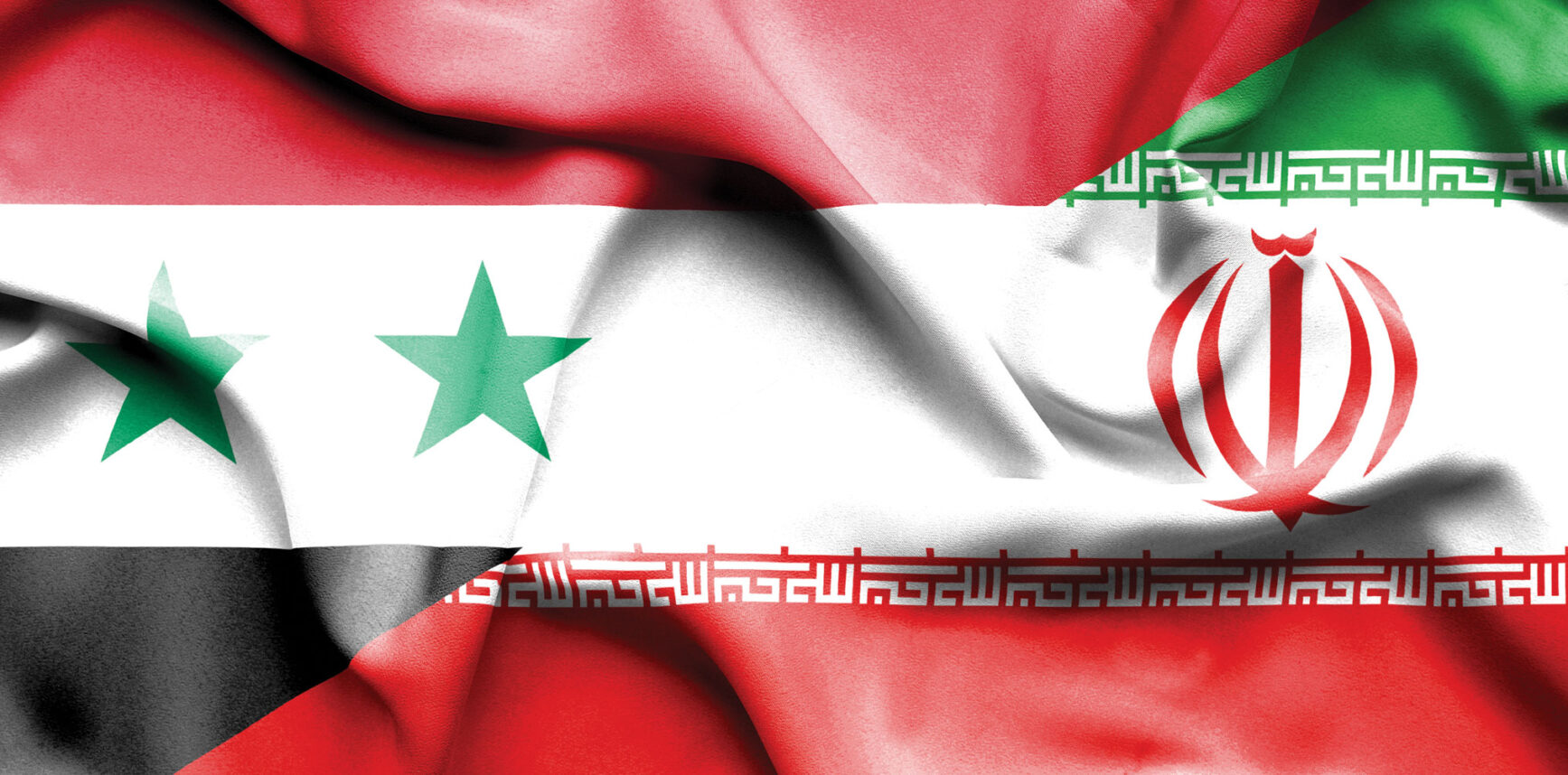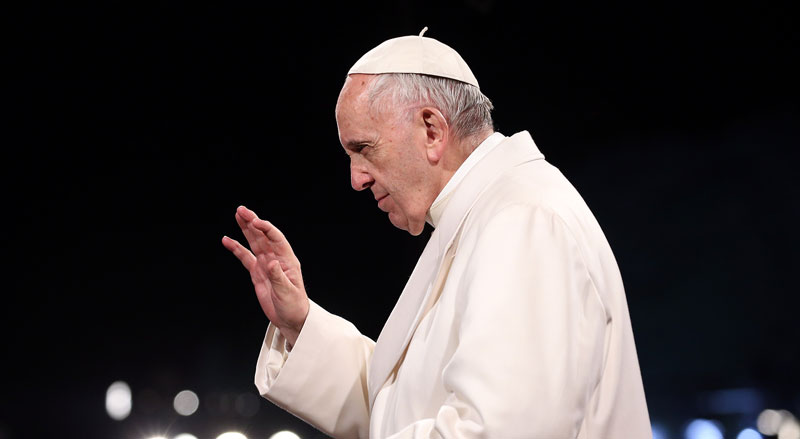In the grim underground parking lot of the Rishon LeZion shopping mall in central Israel, hundreds of men and women of all ages are nervously sitting, standing restlessly or milling around, their faces weary, their eyes expectant. Judging from the range of skin tones, clothing styles and head-coverings, there’s an ethnic and religious cross section of the whole state here: Jews of dozens of countries of origin and religious backgrounds, Muslims and Christians.
In one corner, a 60-something woman named Aliza, who came from Ukraine eight years ago and lives in Bat Yam today, efficiently sorts and folds massive heaps of donated clothes. In another corner, Shoshana, who travels here by bus from Tel Aviv every week to volunteer and whose husband and teenage son are narcomenim (drug addicts), is helping to organize parcels of food. Children run around the scattered chairs playing.
It’s a Thursday at Pitchon Lev — Hebrew for The Caring Heart — an organization that helps feed and clothe Israel’s poor. It’s here, in the cavernous underground beneath the shoppers above, that a portion of Israel’s expanding underclass gathers to receive food, clothing, bags of diapers and basic household supplies that they’d otherwise be without.
More than 100,000 people a year are helped by the Pitchon Lev centers in Rishon LeZion and in Carmel, in the north. Thousands of volunteers make sure that no person leaves without crucial supplies and no child goes unfed.
The political and security crises of Israel grab national and international headlines, but the severe social crisis of burgeoning poverty rates rarely receives the attention it deserves.
The unemployment figure hovers at 14 percent and is rising. To worsen matters, said Dr. Shlomo Swirski of the ADVA Policy Institute, the proposed new national budget — called the Economic Defensive Shield — places an even greater burden on those Israelis whose "income falls in the six lowest income brackets."
Among those in the lowest brackets are single mothers, the handicapped and the elderly. Already, 1 million of Israel’s 6 million people live below the poverty line, and 600,000 children go undernourished each day, according to ADVA.
"Each one of these children is an entire world," said Nissim Zioni, the head of Pitchon Lev. Zioni left his successful radio broadcasting career in 1998 to establish the nonprofit organization after discovering responses to his radio appeals for food and clothing for the poor snowballed.
So many social workers called in requesting help for their clients, and so much produce, clothing and household supplies were donated in response to Zioni’s radio appeals, that he decided to devote himself to combating poverty full time.
Today the organization has a paid staff of 17 and thousands of volunteers, many of whom, like Shoshana, believe that they are "giving back to Pitchon Lev" for "all they have received." Five IDF units, supermarket chains, student unions and youth groups, as well as television and sports celebrities, volunteer their help. As a result of its organizational skills, Pitchon Lev received $475,000 in donations, but managed to distribute over $2.6 million worth of goods.
Zioni, who is at once soft-spoken, charismatic and passionate about his cause, expressed an unwavering determination to maintain the dignity of the needy. Pitchon Lev’s grocery and general goods shops have appealing displays, and the organization charges minimal fees for the food parcels and clothing it distributes.
With a steering committee of leading figures in commerce, communications and education, Zioni plans to establish Pitchon Lev College. It will offer single mothers, street youths and adults basic educational courses, as well as classes aimed at improving their life-organizational skills.
Zioni’s goal is to empower Israel’s needy to break free from the poverty and dependency cycle. He also wants to move from the parking lot and create Pitchon Lev House, which will serve as the national base of operations, a drop-in center and a theater for street youth.
In the works is a Pitchon Lev response to reports that the Ministry of Education expects 400,000 youngsters to start the school year without textbooks and workbooks, as well as other school supplies, because their parents can’t afford to buy them. Though the ministry has created a $1.9 million emergency fund, Pitchon Lev recognized that that allocation won’t meet the needs. In response, it has launched Sefer L’Kol Yeled v’ Yaldah (A Book for Every Boy and Girl).
"To rob a child of a chance to learn is to crush a world," Zioni said.
Donations to Pitchon Lev are fully tax deductible and can be made payable to S.P.E.F. Israel Endowmenet Funds Inc., 317 Madison Ave., Suite 607, New York, N.Y. 10017, (212) 599-1260.






















 More news and opinions than at a Shabbat dinner, right in your inbox.
More news and opinions than at a Shabbat dinner, right in your inbox.